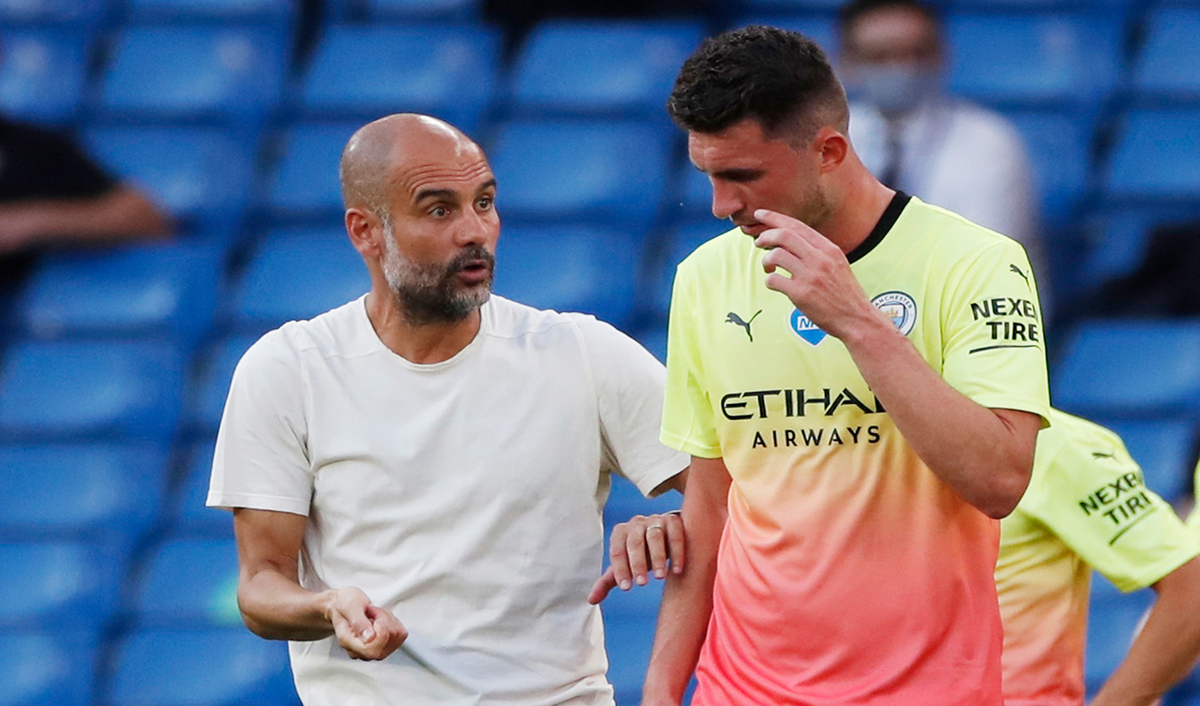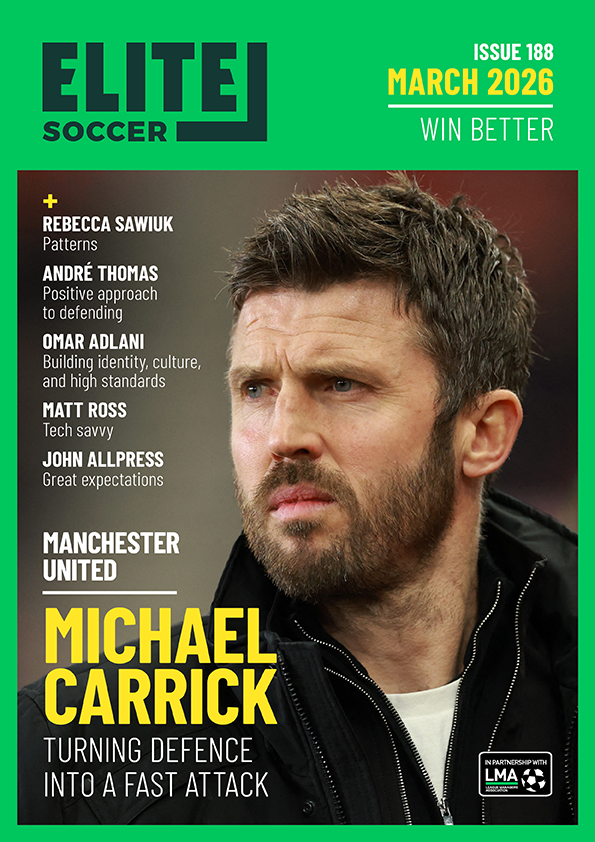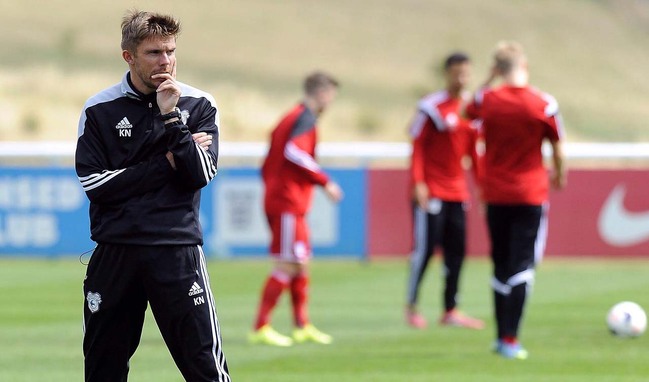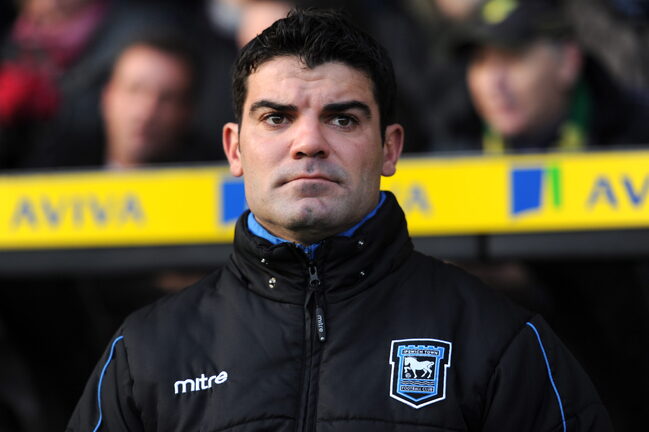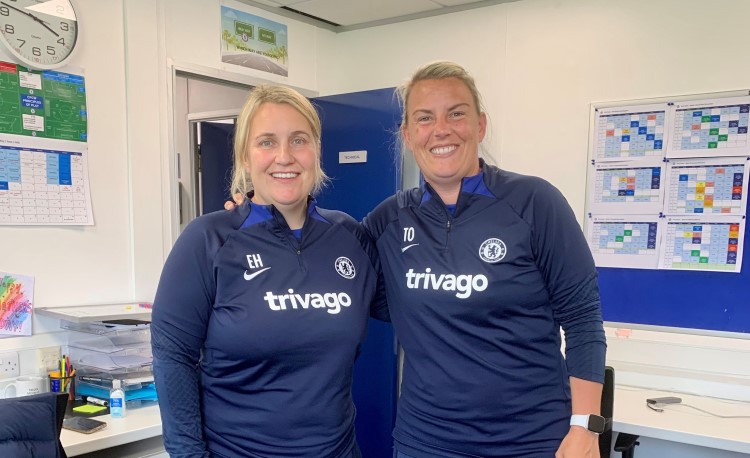ZOOM Q&A WITH KEITH ANDREWS - FEB 25 - DETAILS HERE
You are viewing 1 of your 1 free articles
The language of high performance
Sport psychologist Dan Abrahams discusses the importance of listening to what players are saying and the way they say it
I’ve always really admired the ability of coaches to observe the minutiae of the game – to see the tiny performance details that matter. A slight shift of positioning here, a small covering of space there.
The fine margins between success and failure can indeed be miniscule.
As a sport psychologist my observational skills aren’t redundant, but they probably come second to another vital sensory ability: the capacity to listen. Words and their meaning, sentences and their interpretation are my primary stock-in-trade.
Having spent the last decade and a half working with professional football clubs, I’ve come to learn some of the language patterns that footballers tend to exhibit in the lead up to a match. Their conversations matter and what they say counts. It’s worth listening to them as they can indicate feelings of anxiety or feelings of confidence.
Anxious players tend to talk about, and emphasise, the things they can’t control, such as how good the opposition is, who’s going to be refereeing, or how important the game is. In contrast, confident players tend to be more considerate of the things they can control – primarily themselves, their strengths, their mentality and the responsibilities within their role.
Anxious players tend to focus on what they don’t want, whereas confident players will always talk
about what they do want:
- “I don’t want to concede” vs “I’m going to keep a clean sheet on Saturday”.
- “I can’t afford to have a bad game this week” vs “What does an awesome performance look like?”.
- “This winger is so quick, just don’t give away too many free-kicks” vs “This winger is quick. Okay, let’s just focus on being aggressive and confident in my 1v1s”.
In sport psychology we call this an approach focus vs avoidant focus. Players who use the language of ‘approach’ (what they do want) rather than ‘avoidant’ (what they don’t want) tend to give themselves a better chance to compete in their best mental state come kick-off.
Finally, as you may have noticed from the contents of the dialogues above, confident players tend to use energising, emotive words, while anxious players use de-energising, destructive words. Confident players use words such as aggressive, alert, alive, lively, sharp, dominant, commanding and demanding. These exciting, action-based words help ready them for the battle ahead. You just don’t hear these types of words from anxious players.
So, in summary, the language of high performance is:
- Focused on the ‘controllables’.
- Focused on what a player wants (approach).
- Focused on energising, action-based words.
The great news is that if you can’t hear the language players are using, you can often detect what they’ve been saying (to themselves and to others) by the way they hold themselves, in how they present themselves, in the energy they bring to the training ground.
If you’re noticing a bit of anxiety emanating from a player, then engage them in conversation and help them to talk the language of high performance. This includes helping them to direct their dialogue onto the things they can control rather than the things they can’t, onto what they want rather than what they don’t want, and onto words that energise, rather than de-energise.
All this is easy to dismiss because it can feel a far cry from the match day pitch. But I urge you to consider all of those marginal gains. The words and the sentences that pass the lips of your players count. Listen carefully to them, listen to the small details. Listen closely, just as you’d observe them closely. Listen to their words, just as you’d observe their positioning. Listen to their sentences, just as you’d observe their movements. Detect the impact of their language, just as you’d detect the impact of your team’s shape. What players are saying in the lead up to a game can be the difference between an anxious performance and a confident one.
Editor's Picks
Turning defence into a fast attack
Attacking transitions
Deep runs in the final third
Using the goalkeeper in build-up play
Intensive boxes drill with goals
Penetrating the final third
Creating and finishing
My philosophy
Pressing initiation
Coaches' Testimonials

Alan Pardew

Arsène Wenger

Brendan Rodgers

Carlos Carvalhal

José Mourinho

Jürgen Klopp

Pep Guardiola

Roy Hodgson

Sir Alex Ferguson

Steven Gerrard
Related
Coaches' Testimonials

Gerald Kearney, Downtown Las Vegas Soccer Club

Paul Butler, Florida, USA

Rick Shields, Springboro, USA

Tony Green, Pierrefonds Titans, Quebec, Canada
Join the world's leading coaches and managers and discover for yourself one of the best kept secrets in coaching. No other training tool on the planet is written or read by the calibre of names you’ll find in Elite Soccer.
In a recent survey 92% of subscribers said Elite Soccer makes them more confident, 89% said it makes them a more effective coach and 91% said it makes them more inspired.
Get Monthly Inspiration
All the latest techniques and approaches
Since 2010 Elite Soccer has given subscribers exclusive insight into the training ground practices of the world’s best coaches. Published in partnership with the League Managers Association we have unparalleled access to the leading lights in the English leagues, as well as a host of international managers.
Elite Soccer exclusively features sessions written by the coaches themselves. There are no observed sessions and no sessions “in the style of”, just first-hand advice delivered direct to you from the coach.
